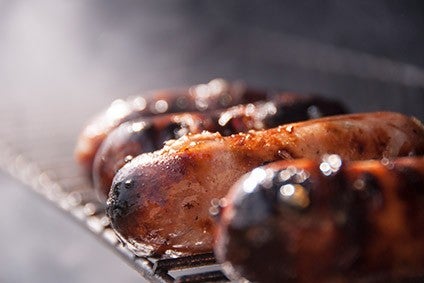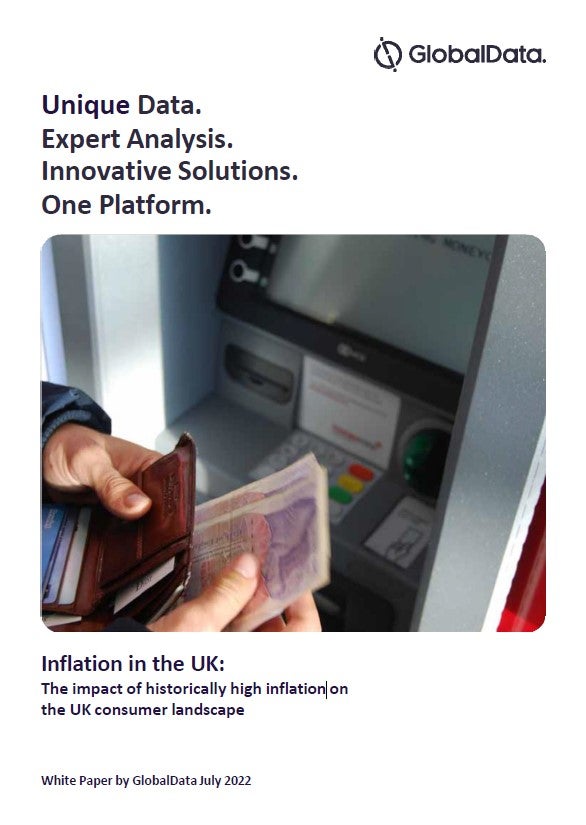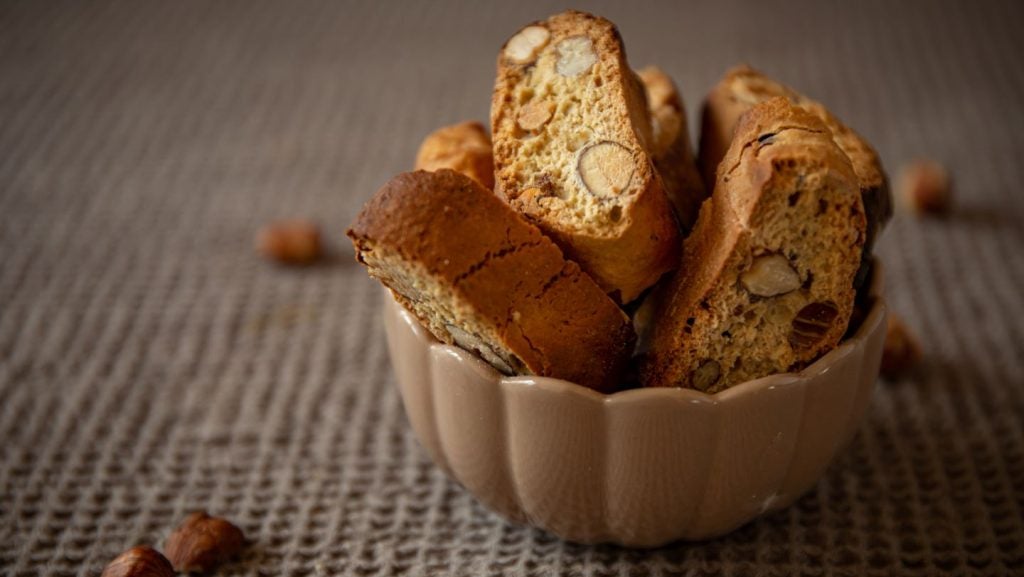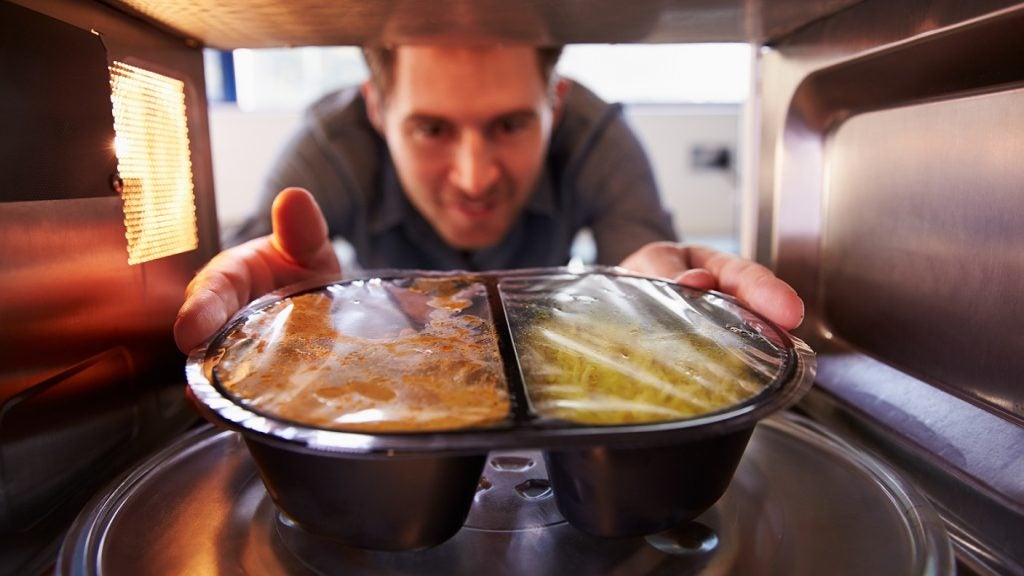
The UK and the EU today (30 June) announced a three-month extension to the grace period for chilled-meat products to move from Great Britain to Northern Ireland.
Items such as sausages can be transported across the Irish Sea until 30 September after a deal was struck between London and Brussels.
The agreement puts on hold what has been dubbed the “sausage war” between the UK and the EU and gives both sides more time to solve disputes over the Northern Ireland protocol.
Under the terms of the Brexit deal struck in December, Northern Ireland is still treated as being part of the EU for trading purposes because it shares a land border with the Republic of Ireland, a member of the bloc.
As a result, chilled meat from a third country such as the post-Brexit UK cannot officially be exported there. In order to give businesses time to adapt to the changes, the Brexit deal included a six-month delay on the ban on shipping chilled meats from Great Britain to Northern Ireland, a delay set to end today.
How well do you really know your competitors?
Access the most comprehensive Company Profiles on the market, powered by GlobalData. Save hours of research. Gain competitive edge.

Thank you!
Your download email will arrive shortly
Not ready to buy yet? Download a free sample
We are confident about the unique quality of our Company Profiles. However, we want you to make the most beneficial decision for your business, so we offer a free sample that you can download by submitting the below form
By GlobalDataAt one stage, the UK had threatened to unilaterally extend the grace period, which prompted warnings of reprisals from the EU.
Earlier this month, the UK, which had described the prospect of a ban on chilled meats as “bonkers”, requested an extension, to which the EU has agreed.
The two sides agreed to the Northern Ireland protocol in order to avoid checks on the land border between the country and the Republic of Ireland. The prospects of a hard land border on the island raised fears the 1998 Northern Ireland peace deal could come under threat.
“Our work is about ensuring that the hard-earned gains of the Good Friday (Belfast) Agreement – peace and stability in Northern Ireland – are protected, while avoiding a hard border on the island of Ireland and maintaining the integrity of the EU Single Market,” European Commission Vice-President Maroš Šefčovič said today as he announced the extension on chilled meats.
“Therefore, we have spared no effort in trying to mitigate some of the challenges that have arisen in the implementation of the protocol. Today’s package of practical solutions clearly demonstrates that we are firm on implementation but continue to work hard for the benefit of the people in Northern Ireland.”
Despite the UK and the EU signing the Northern Ireland protocol last year, the dispute over chilled meats has highlighted underlying differences between Brussels wanting to protect its single market and a UK government, looking for sovereignty, which did not want to line itself up with EU regulations on agri-food moving forward.
The UK government said the three-month extension would allow time “for further discussions to continue on a permanent solution”.
UK Cabinet Minister Lord Frost said: “We are pleased we have been able to agree a sensible extension on chilled meats moving from Great Britain to Northern Ireland – one that does not require rules in the rest of the UK to align with future changes in EU agri-food rules.”
Frost described the extension as “a positive first step” but added “We still need to agree a permanent solution – Northern Ireland is an integral part of the United Kingdom and its consumers should be able to enjoy products they have bought from Great Britain for years.
“This is a very clear sign that the protocol has to be operated in a pragmatic and proportionate way. The chilled meats issue is only one of a very large number of problems with the way the protocol is currently operating, and solutions need to be found with the EU to ensure it delivers on its original aims: to protect the Belfast (Good Friday) Agreement, safeguard Northern Ireland’s place in the United Kingdom, and protect the EU’s single market for goods. We look to work energetically with the EU to do so.”
Under the terms of the extension, the meat products in question “must remain under the control of the Northern Ireland competent authorities at all stages of that procedure”, the European Commission stated today.
“These meat products must be accompanied by official health certificates issued by the UK competent authorities, can exclusively be sold to end-consumers in supermarkets located in Northern Ireland, and must be packed and labelled accordingly.”








